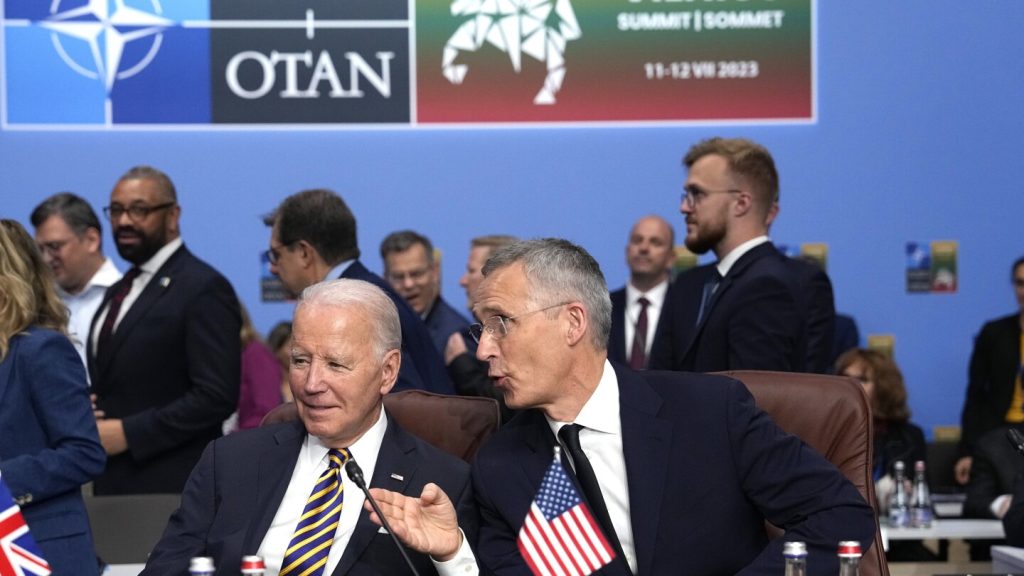The Pentagon has confirmed that a senior defense department official who attended last year’s NATO summit in Vilnius, Lithuania, experienced symptoms similar to those reported by U.S. officials with “Havana syndrome.” Havana syndrome refers to a series of health problems that have afflicted U.S. government personnel since 2016, including sudden head pressure, head or ear pain, and dizziness. These symptoms were reported by officials working at the U.S. Embassy in Havana. The incidents were highlighted in a recent “60 Minutes” report, which suggested Russian involvement in the attacks, including one that occurred during the 2023 NATO summit.
The defense official in question was not part of Defense Secretary Lloyd Austin’s official delegation to Vilnius but was attending meetings related to the NATO summit separately. Deputy press secretary Sabrina Singh confirmed that the official experienced symptoms similar to Havana syndrome but did not disclose whether they needed further medical treatment, retirement, or a change in duties due to medical privacy reasons. The intelligence community is still investigating the matter and determining if Russia played a role in the mysterious ailments reported by U.S. officials.
While the Office of the Director of National Intelligence’s 2024 threat assessment deemed it “unlikely” that a foreign adversary was responsible for causing the health issues associated with Havana syndrome, U.S. intelligence agencies have varying levels of confidence in that assessment. The Pentagon has established a registry for employees and dependents to report such incidents, indicating a recognition of the seriousness of the issue within the government. However, a recent five-year study by the National Institutes of Health found no evidence of brain injuries or degeneration among U.S. diplomats and government employees who reported symptoms of Havana syndrome.
The ongoing investigation into the origins of Havana syndrome and potential foreign involvement, particularly by Russia, has raised concerns about the safety of U.S. government personnel and their families serving in diplomatic missions around the world. The incidents reported at the U.S. Embassy in Havana and during the 2023 NATO summit have brought attention to the need for increased security measures and vigilance to protect against future attacks. As the intelligence community continues its probe, there is a sense of urgency to uncover the truth behind the mysterious ailments experienced by U.S. officials and ensure that proper precautions are taken to prevent further instances of Havana syndrome.















